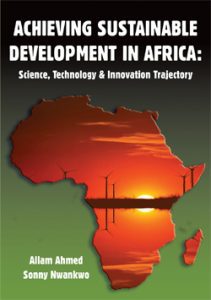- ABOUT
arrow_drop_down
- PUBLISHING
arrow_drop_down
- Overview
arrow_drop_down
- Journals
arrow_drop_down
- Books
arrow_drop_down
- Sudan
- Diaspora
- Other Books
arrow_drop_down
- Digital Library
- Book Store
- Overview
- CONFERENCES
arrow_drop_down
- Overview
arrow_drop_down
- Past Speakers
- Host Requirements
- Sponsorship Opportunities
arrow_drop_down
- Search All
arrow_drop_down
- Search by Subjects
arrow_drop_down
- Sudan
- Sustainability
- United Nations
- Diaspora
- Africa
- MENA
- Policy
arrow_drop_down
- Climate Change
- Health
arrow_drop_down
- Education
arrow_drop_down
- Women
- Youth
- Leadership
- Business
arrow_drop_down
- Overview
- UNIVERSITIES
arrow_drop_down
- Sudan Universities
arrow_drop_down
- Sudan Universities
- ACADEMY
arrow_drop_down
- Overview
- Teaching
arrow_drop_down
- Research
arrow_drop_down
- Training
arrow_drop_down
- Overview
- Search All
arrow_drop_down
- SUSTAINABILITY MASTERCLASS
arrow_drop_down
- PUBLIC POLICY
arrow_drop_down
- Public Policy
- Education
- Higher Education
- Health
arrow_drop_down
- Women
- Youth
- Security
- DIGITAL TRANSFORMATION
arrow_drop_down
- BUSINESS & MANAGEMENT
arrow_drop_down
- SUSTAINABILITY MASTERCLASS
- Consultancy
arrow_drop_down
- COMMUNITY
arrow_drop_down
- EXPERTS
arrow_drop_down
- Overview
- Sudan Who’sWho
arrow_drop_down
- Sudan Doctors
arrow_drop_down
- PARTNERSHIPS
arrow_drop_down
- Overview
- Universities Partnerships
arrow_drop_down
- Partners
arrow_drop_down
- United Nations
arrow_drop_down
- Collaboration
arrow_drop_down
- Reports
- Events
- Collaboration
- Association of African Universities
- World Organisations
arrow_drop_down
- Search All
arrow_drop_down
- IATA
- United Nations
- International
- Foundations
- Private Sector
arrow_drop_down
- Financial Institutions
- Think Tanks
- Libraries
- NGOs
- Students
- Research
- Search All
- NEWS
 The purpose of Achieving Sustainable Development in Africa: Science, Technology and Innovation Trajectory Book is to address issues that will be central to the Africa’s Sustainable Development (SD) through efficient and effective management of science, technology and innovation policies, the challenges these pose for the African countries, and the global framework for dealing with technology development, transfer and adoption. The book aims to provide an opportunity to discuss and clarify how universities can contribute to the generation of wealth in Africa through the transfer of finalised knowledge and the creation of new firms, new industries and business opportunities.
The purpose of Achieving Sustainable Development in Africa: Science, Technology and Innovation Trajectory Book is to address issues that will be central to the Africa’s Sustainable Development (SD) through efficient and effective management of science, technology and innovation policies, the challenges these pose for the African countries, and the global framework for dealing with technology development, transfer and adoption. The book aims to provide an opportunity to discuss and clarify how universities can contribute to the generation of wealth in Africa through the transfer of finalised knowledge and the creation of new firms, new industries and business opportunities. We often speak of sustainable development as an abstraction driven by grand ideals that are most comfortably discussed in academic settings. I urge anyone who is interested in the future of Africa to read this book, not just for the details that it provides on a broad range of research activities, but also for its strategic vision calling on Africa’s youthful scientists to lead the charge for change.

Professor Mohamed H. A. Hassan
President, African Academy of Sciences and Executive Director, Academy of Sciences for the Developing World (TWAS),Trieste, Italy
Finally, a group of Professors, learned men and women have come together to address the issues of poverty, ignorance and disease through this volume. As Minister of State for Information and Communication Technologies, I find this book awakening our minds, as leaders, to the importance of science and technology in our journey, as Africans, towards development.

H. E. John Chrysostom A. Nsambu
Minister of State for ICT, Uganda
Contents
- Making science and technology work for Africa’s sustainable development
- Innovation and knowledge management in Africa
- Knowledge for development in the African region
- Reconnecting African universities to sustainable development
- University textbook publishing in Nigeria
- ICT4D: the case of the information society in Africa
- KM and national IT policy in Ethiopia
- Technology gap between SSA and industrialised countries
- Determinants of innovation capability in Nigeria
- Microbiological quality and safety of sausages in Ethiopia.
- Is Africa facing a nutrition transition under the double burden of disease?
- Processing methods on the nutritional profile of avocado seeds.
- Universities’ contribution to the national innovation system in the Maghreb states
- Clean technologies against potential impacts of climate change in 21st century Nigeria
- Towards building an efficient air transport system in Africa
- Consumption patterns as correlates of environmental degradation in Nigeria
- Promoting environmental consciousness among entrepreneurs of African-owned SMEs in the UK
- Conceptual framework for sustainable development in Africa
- Sustainable agricultural development in rural Sudan
- Entrepreneurship and economic development in Nigeria.
